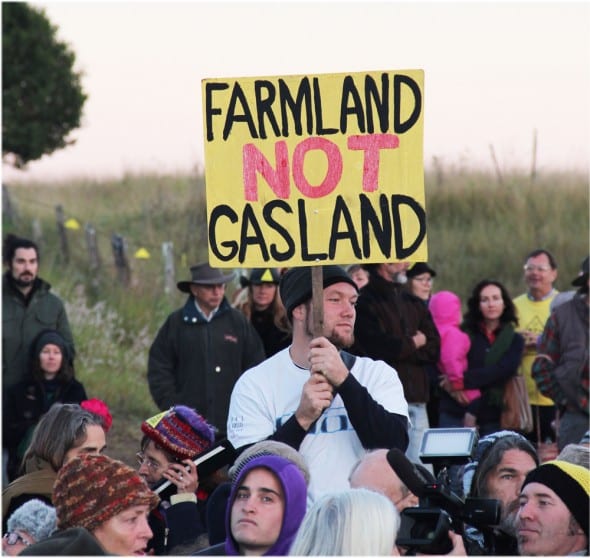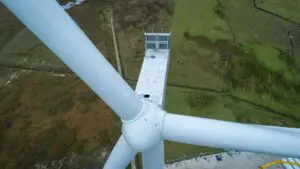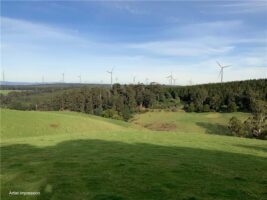The new energy and resources minister Josh Frydenberg has indicated a significant shift in energy policy for the Coalition. He correctly notes that renewables alone are not to blame for recent high electricity prices in South Australia.
Unlike the new federal minister for resources, Matthew Canavan, Mr Frydenberg accepts mainstream climate science and the fact that humanities actions are driving global warming. He says that we need a diversified energy mix, that the national Renewable Energy Target (RET) is ‘set in stone’ – which will stabilise the investment environment for renewables, and has ruled out further tax payer subsidies for fossil fuel generation.

These moves are all to be welcomed. And while Frydenberg is a long standing supporter of nuclear power, he acknowledges that our country should not move towards domestic use of uranium unless there is ‘bipartisan support’. It is difficult to imagine the majority of Australians would ever support a domestic nuclear reactor.
However, Frydenberg is profoundly out of step with the community in calling for an end to the current moratoriums on unconventional gas. In Victoria, 73 regional communities have declared themselves ‘gasfield free’.
While these declarations have no legal standing, they indicate deep seated opposition to fracking and drilling by communities. Most of the declared areas are in Coalition held seats and advocacy by the federal minister for state governments to lift the ban will damage the Coalition’s credibility in its core consistency.
Further, with a well managed national electricity grid and diversity of renewable sources plus enhanced use of storage technologies (including existing hydro dams) gas is not needed as back up for wind and solar. The argument that gas is a bridging and back-up fuel is out dated. We now have 21st century renewable technology which can meet our electricity needs.
Frydenberg says that the decline in the use of coal is ‘not a bad thing’. To be consistent with mainstream climate science, it is clear we must keep the vast majority of known fossil fuel reserves in the ground if we are to avoid dangerous global warming and have a hope of keeping overall warming under 2oC. Further mining and export of any coal is unjustifiable in the light of known climate science.”
At the domestic level, the hard work in the next term of government will be to start the orderly closure of existing coal fired power stations. Frydenberg notes that around the world emissions intensive power stations are already closing down. His legacy as minister should be that he was the one who had the foresight and leadership to begin the transition here in Australia.
It is clear that we are witnessing an attempt by many in the conservative media and fossil fuel sector to influence the new minister and damage the reputation of renewable energy.
The fossil fuel sector’s attack on renewables has muddied the waters of energy policy” said Leigh Ewbank, FoE’s renewable energy campaigner.
Communities stand ready to defend renewables and want state and federal energy ministers to stand up against bullying from fossil fuel interests.
State and federal ministers can strengthen the NEM by adopting a plan to rollout renewable energy and battery storage at the upcoming COAG energy council meeting.
The meeting is an opportunity for the Turnbull government to endorse state initiatives such as the ACT and Victoria’s competitive renewable energy auctions.
Cam Walker is cCampaigns co-ordinator for Friends of the Earth








